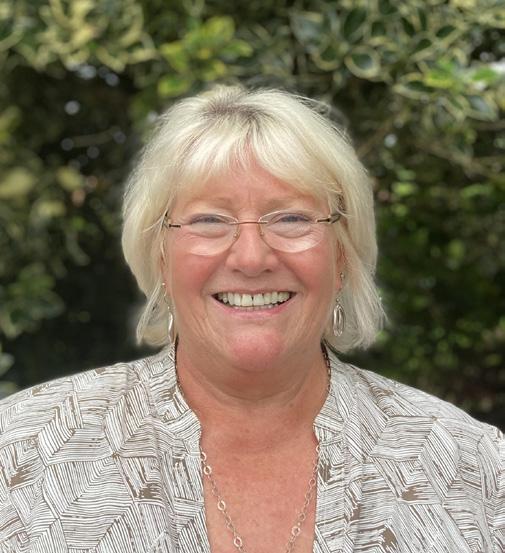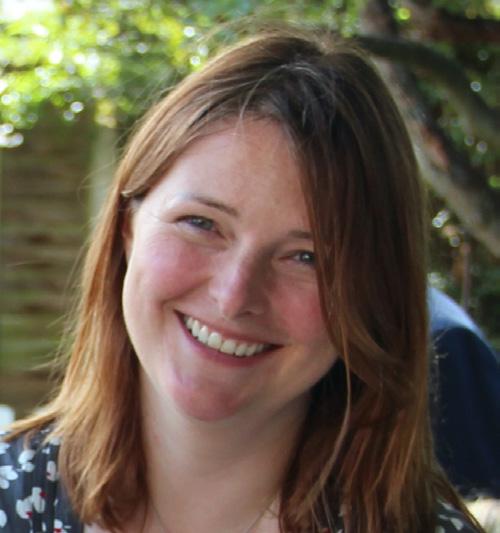
2 minute read
Chair of Trustees’s perspective
This report marks the completion of our first operating year as the Life Chance Trust since we were formally granted Charitable Incorporated Organisation status.
As a new organisation, I am proud of the way our small staff and Trustee team have risen to the challenge of creating a new compliant model and all the underlying requirements, whilst maintaining a steadfast focus on our core purpose of helping 16–25 year olds’ who have experienced significant trauma ‘be the best’ they can be and lead happy and fulfilled lives making a positive contribution to society.
Advertisement
We are a long way yet from where we want to be in terms of the programmes of support and networks that we can envisage, however we have made definite progress in this our first year and our Every Chance Champions (youth advisors) are being instrumental in helping us see the way forward. Their commitment to positive change and future possibilities is awesome and stirs all our Trustees on to making sure we do not fall short of their expectations.
With the passion and commitment of our founding group of young people and trustees, and the welcome gift of start-up funding and support from the Life Chance Group, I believe we’ve laid solid foundations for an effective and sustainable charity that will transform lives in the years ahead.
We recognise the critical need for growth for funding stability to achieve our ambitionsand our Strategic Plan sets out steps towards this goal over the next few years. As trustees, we know we are in this for the long haul – as indeed, for our young people living with their past and using it positively to build a better future, is a life-long challenge. We won’t give up because we must ensure they never feel that they have to either.
Judith Johnson Chair of the Life Chance Trust
In December 2021, I knew very little about the neurological effects of childhood trauma and adversity, despite decades working in social justice and with youth-led charities to help people to fulfil their potential.

Out of the blue, an old friend sent me a job description to establish and lead a new charity, based in Devon, my home county. Intrigued, I read the co-founder’s bestselling book ‘One More Life Chance: from Trauma to Transformation’. This, in turn, led me to the vast body of research that evidences the neurological impact of traumatic childhood experiences –including abuse, neglect, and violence - on our developing brains - can have vast effects on our likely outcomes in later life, regardless of socio-economic factors.
It made me wonder: why isn’t psychology and neurology front and centre of every sector, everywhere? What will it take to empower trauma-experienced young people themselves to change things?
I also listened to young people’s experiences of the ‘cliff-edge’ fall in support upon leaving school, which may be their only ‘safe space’, where they’ve felt the benefit of consistent support from a trusted adult. Too often, those in local authority care find themselves uprooted from their home or foster placement at the same time.
Childhood trauma is a key driver of social injustice and inequality - from educational attainment, inclusion and community participation through to mental and physical illhealth, and ultimately, lower life earnings and reduced life expectancy. The amazing young people on our Every Chance Board, and my dedicated and talented colleagues, know first-hand that transformation is possible, with the right kind of sustained, nurturing support from a trusted and emotionally available adult - such as a Life Chance Trust mentor.
The Life Chance Trust’s vision and strategy is rightly ambitious, reflecting the scale and urgency of the need for post-16 support, now more than ever before. Ultimately, we want to help to break the intergenerational cycles of deprivation and exclusion that leave some young people remaining unseen, unheard, and on the margins of our communities.
Chris Keeling-Rowe Head of the Life







